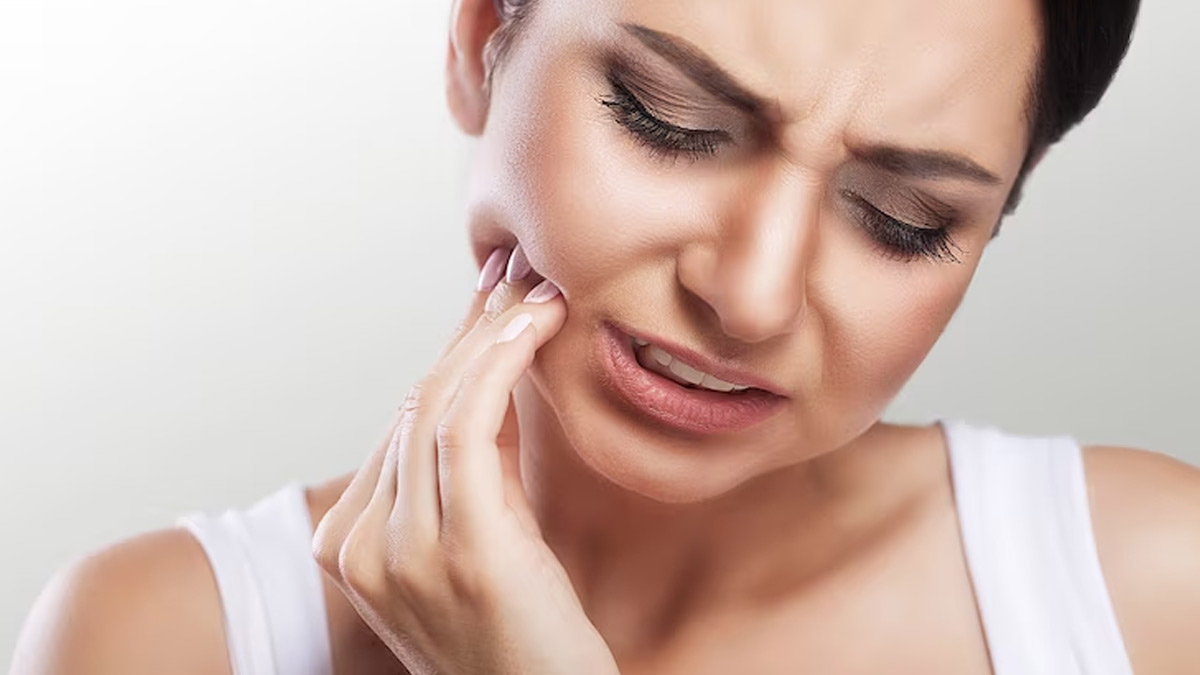
Tooth pain can occur at any time of the year, including during the summer months. The hot weather and changes in routine during summer can lead to dental issues that result in tooth pain. From tooth sensitivity to oral health neglect, here're various factors that contribute to tooth pain during summer.
Sensitivity to Temperature Changes
During the summer, it is more likely to consume more cold foods and beverages such as ice cream, iced drinks, and chilled fruits. If you have sensitive teeth, sudden temperature changes can trigger tooth pain or discomfort. This sensitivity may be due to exposed dentin (the layer underneath the enamel) or gum recession, which can expose the tooth roots.
Dehydration

Dehydration can occur more frequently during the summer when you spend more time outdoors and engage in physical activities. Dehydration can cause dry mouth, which reduces saliva production. Saliva helps to protect your teeth by neutralising acid and washing away food particles. Reduced saliva flow can lead to an increase in acid levels in your mouth, contributing to tooth decay and sensitivity.
Also Read: 7 Drinks That Can Cause Dehydration If Consumed In Excess Amount
Untreated Infections Exacerbates
The bacteria present in it take advantage of the warm weather and increases their number. This leads to chronic inflammation in tissues around the tooth and triggers severe toothaches. To be more specific, hot weather stimulates untreated infections in the tooth and exacerbates dental discomfort.
Teeth Grinding (Bruxism)

Some people tend to grind their teeth when under stress or anxiety. The change in routine during the summer months, such as travel, increased activities, or irregular sleep patterns, may trigger teeth grinding. Teeth grinding can cause tooth pain, jaw pain, and facial pain. If you suffer from bruxism, you should consult your dentist, who would recommend you a mouthguard to avoid its effects. Additionally, you can seek help from a mental health professional to manage your stress and anxiety. This would help you deal with bruxism in a better way.
Also Read: Tooth Decay To Bruxism, Different Types Of Toothache And Their Management
Diet and Sugar Intake
During summer, people tend to consume more sugary foods and beverages, such as sodas, sports drinks, and sweets, during picnics, barbecues, and other social gatherings. Consuming these highly sugary food items act as food for the oral bacteria that harm your teeth, contributing to tooth decay and sensitivity.
Poor Oral Hygiene

Changes in routine or increased activities during the summer can also lead to inconsistent oral hygiene habits, such as brushing less frequently or not flossing regularly. Poor oral hygiene can result in the buildup of plaque and bacteria on your teeth, leading to tooth decay, gum disease, and tooth pain.
Conclusion
If you are experiencing tooth pain during the summer or at any other time, it is important to see a dentist for a proper evaluation and diagnosis. The dentist can determine the underlying cause of your tooth pain and provide appropriate treatment to alleviate your discomfort. Additionally, maintaining good oral hygiene, staying hydrated, and being mindful of your diet and activities can help prevent tooth pain during the summer months.
Image Credits: freepik
Also watch this video
How we keep this article up to date:
We work with experts and keep a close eye on the latest in health and wellness. Whenever there is a new research or helpful information, we update our articles with accurate and useful advice.
Current Version